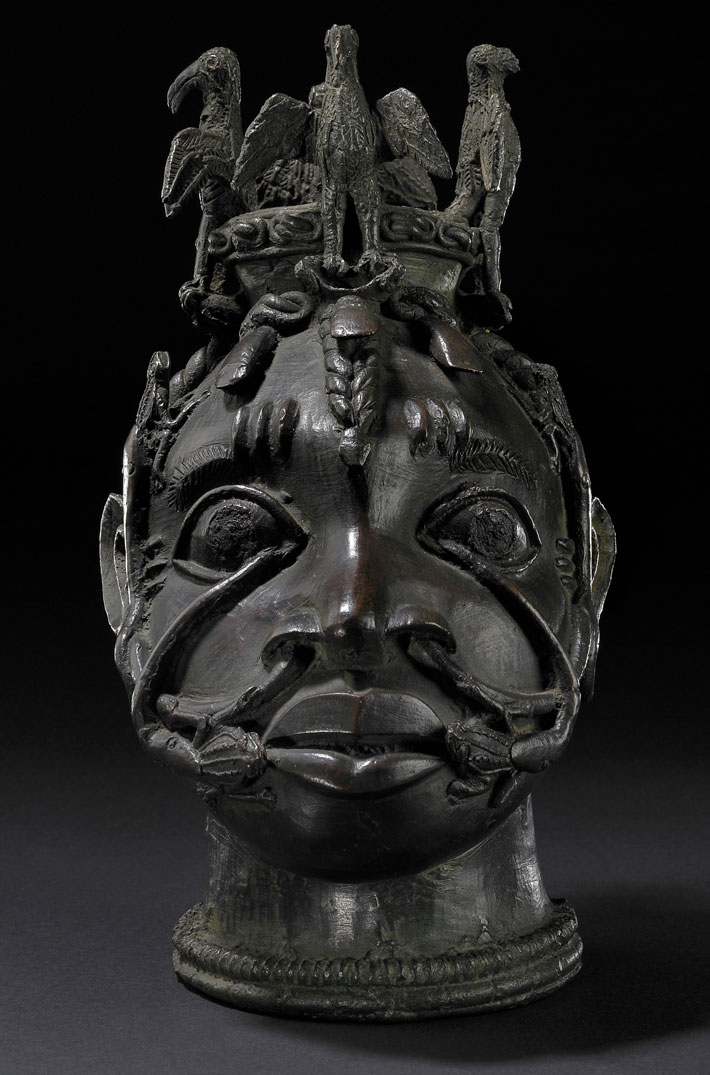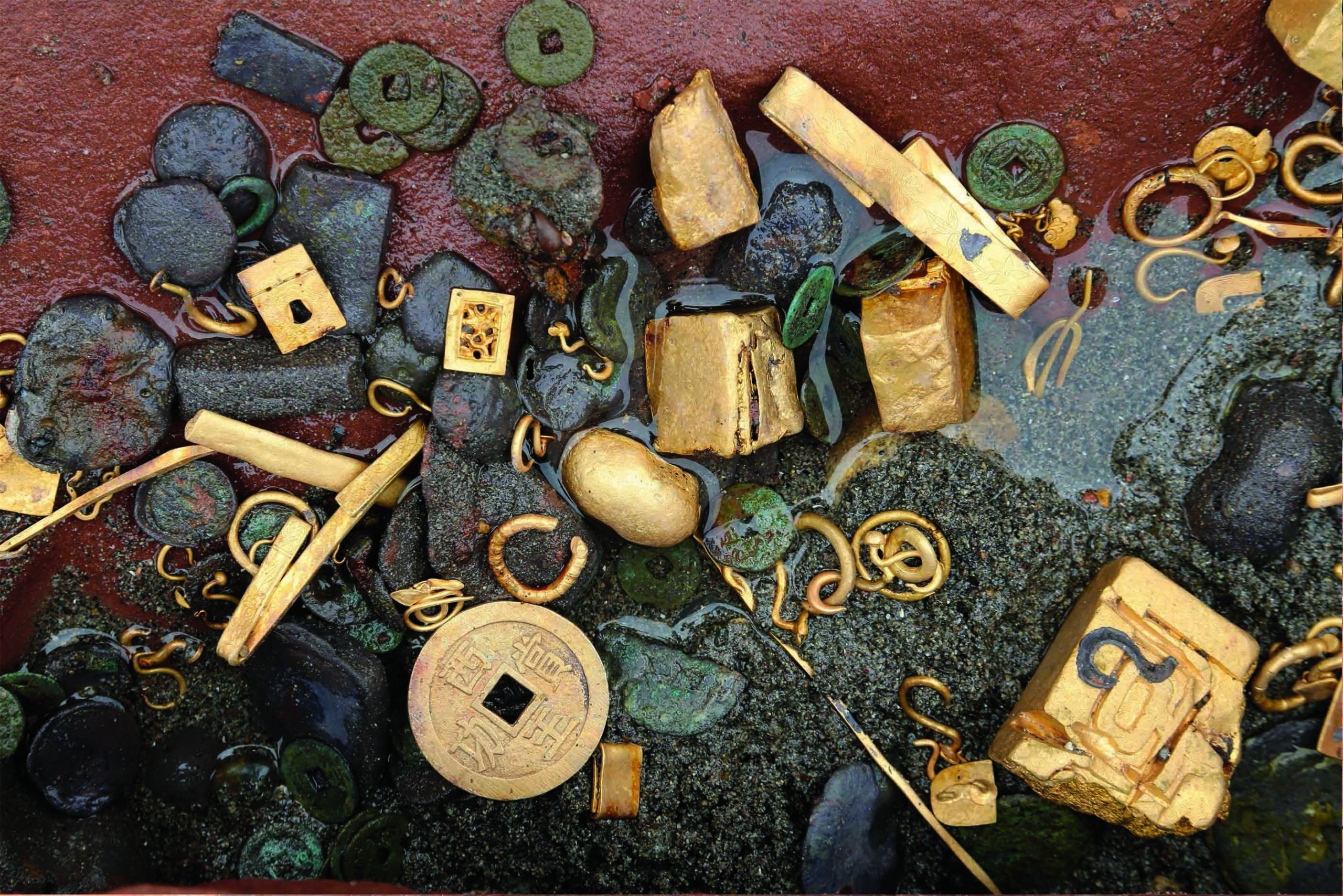BERKELEY, CALIFORNIA—According to a Live Science report, Elise Kerdoncuff of the University of California, Berkeley, and her colleagues analyzed more than 2,700 genomes of modern Indians who live in 17 Indian states and represent speakers of the country’s major languages and tribal and caste groups. The study suggests that the population has three main ancestral groups, including Neolithic farmers from the area of Sarazm in what is now northwestern Tajikistan; pastoralists from the Eurasian steppe; and hunter-gatherers from South Asia. The study also determined that an influx of people to India from Africa some 50,000 years ago brought genetic variation to these three ancestral groups. A separate analysis of the genomes determined that like most non-Africans, Indians inherited between one and two percent of their DNA from Neanderthals and Denisovans. The researchers noted that almost 90 percent of all known Neanderthal genes found in modern humans today were detected in the genomes studied. It is not known if Neanderthals and Denisovans lived in the area, or if their genes were carried to India by modern humans after encounters with Neanderthals and Denisovans in Eurasia. To read more about the study of Denisovan DNA, go to "Denisovans at Altitude," one of ARCHAEOLOGY's Top 10 Discoveries of 2019.
Genome Study Investigates Origins of India’s Modern Population
News March 12, 2024
Recommended Articles
Letter from France January/February 2026
Neolithic Cultural Revolution
How farmers came together to build Europe’s most grandiose funerary monuments some 7,000 years ago
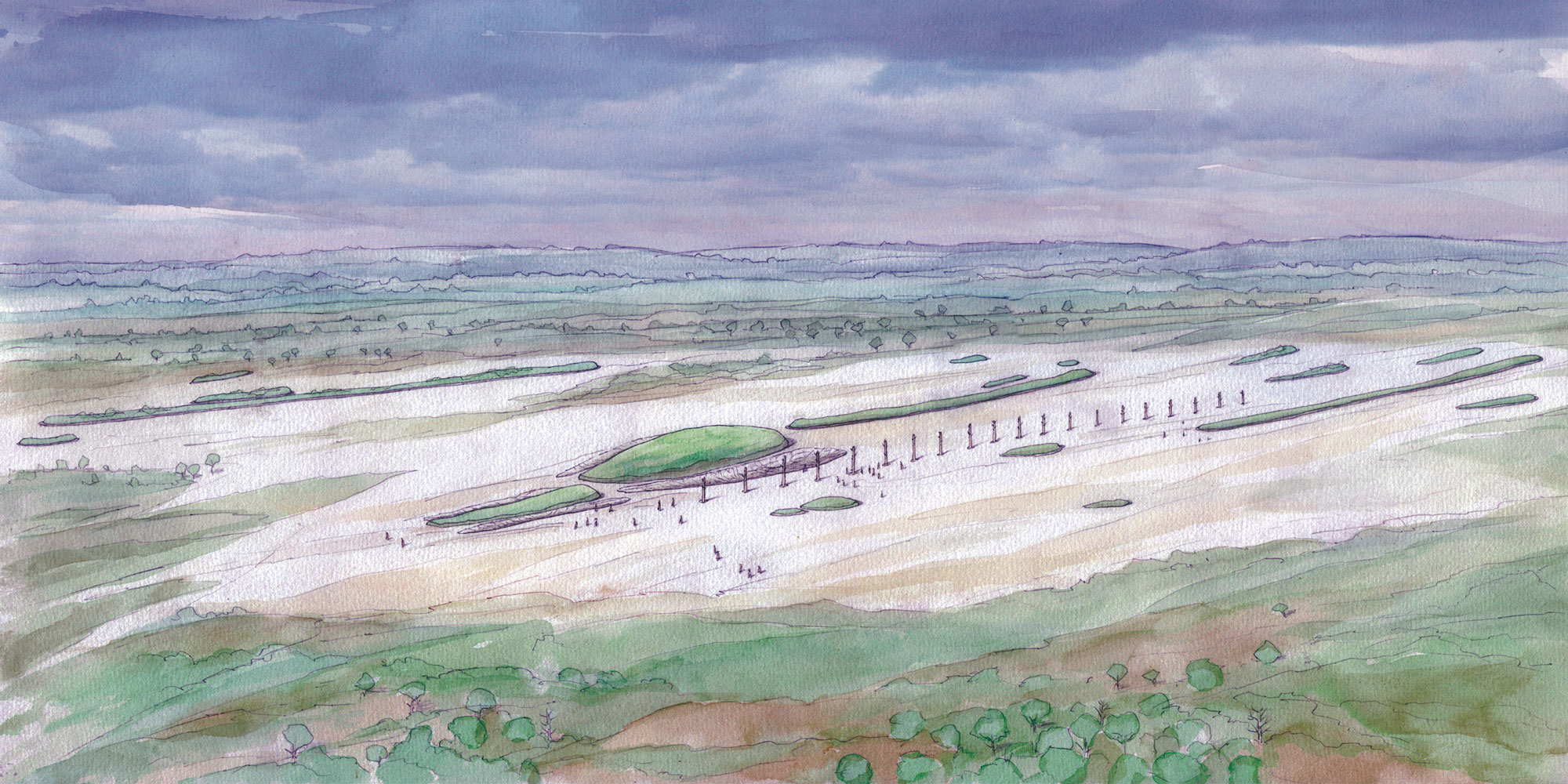


Digs & Discoveries November/December 2025
BYOB(oar)
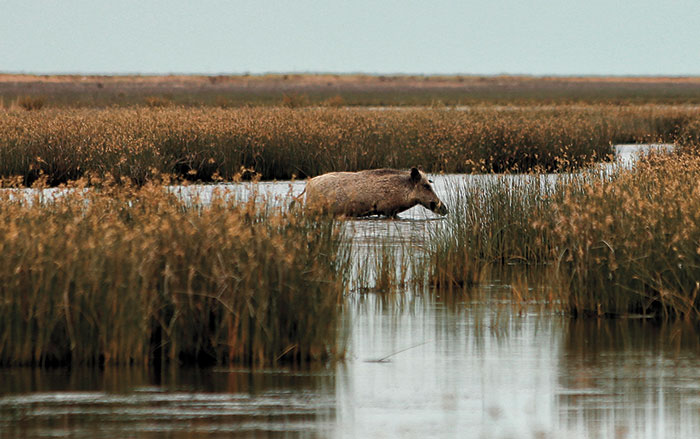
-
Features November/December 2023
Assyrian Women of Letters
4,000-year-old cuneiform tablets illuminate the personal lives of Mesopotamian businesswomen
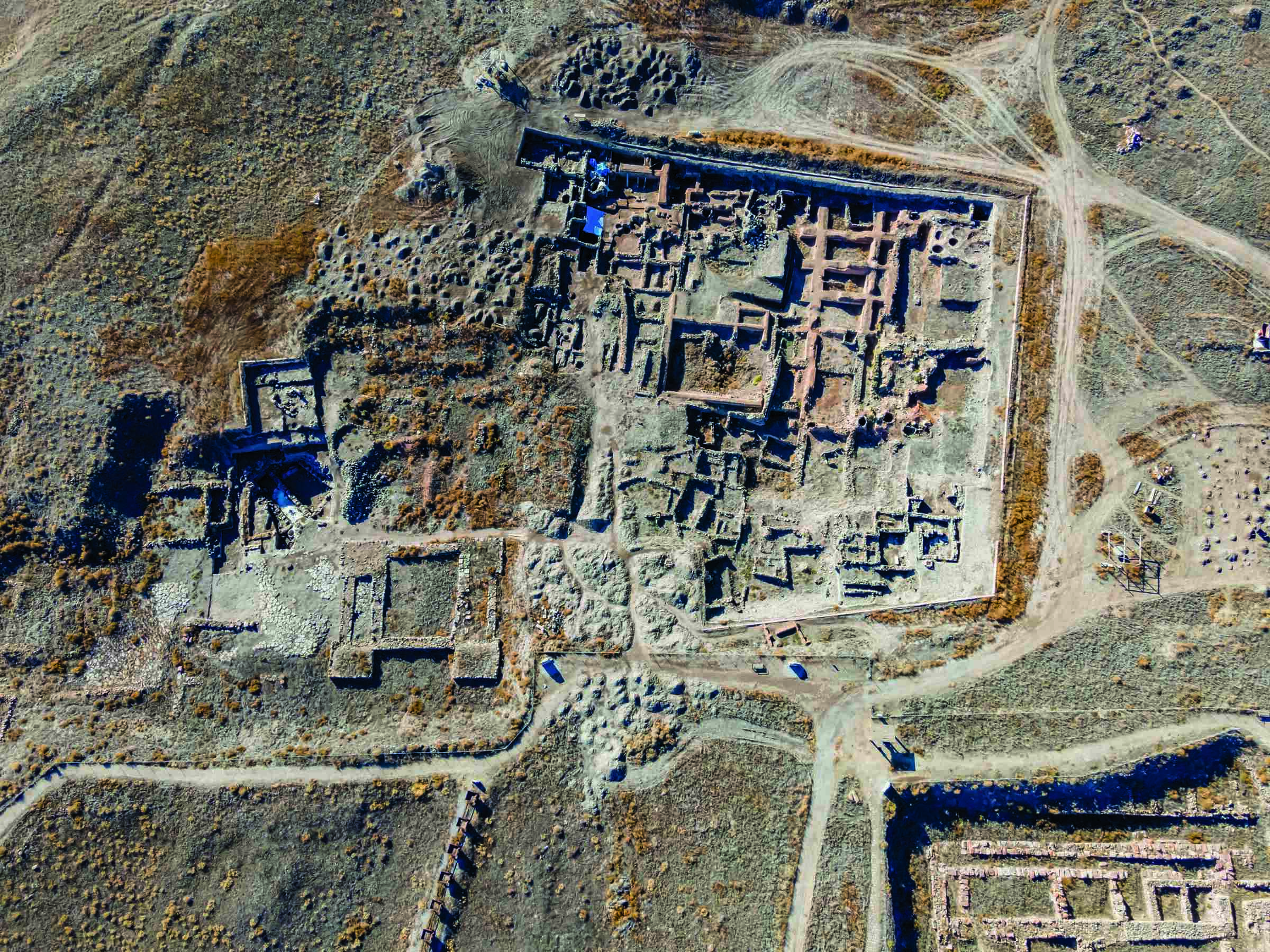 (Attraction Art/Adobe Stock)
(Attraction Art/Adobe Stock) -
Letter from El Salvador November/December 2023
Uneasy Allies
Archaeologists discover a long-forgotten capital where Indigenous peoples and Spanish colonists arrived at a fraught coexistence
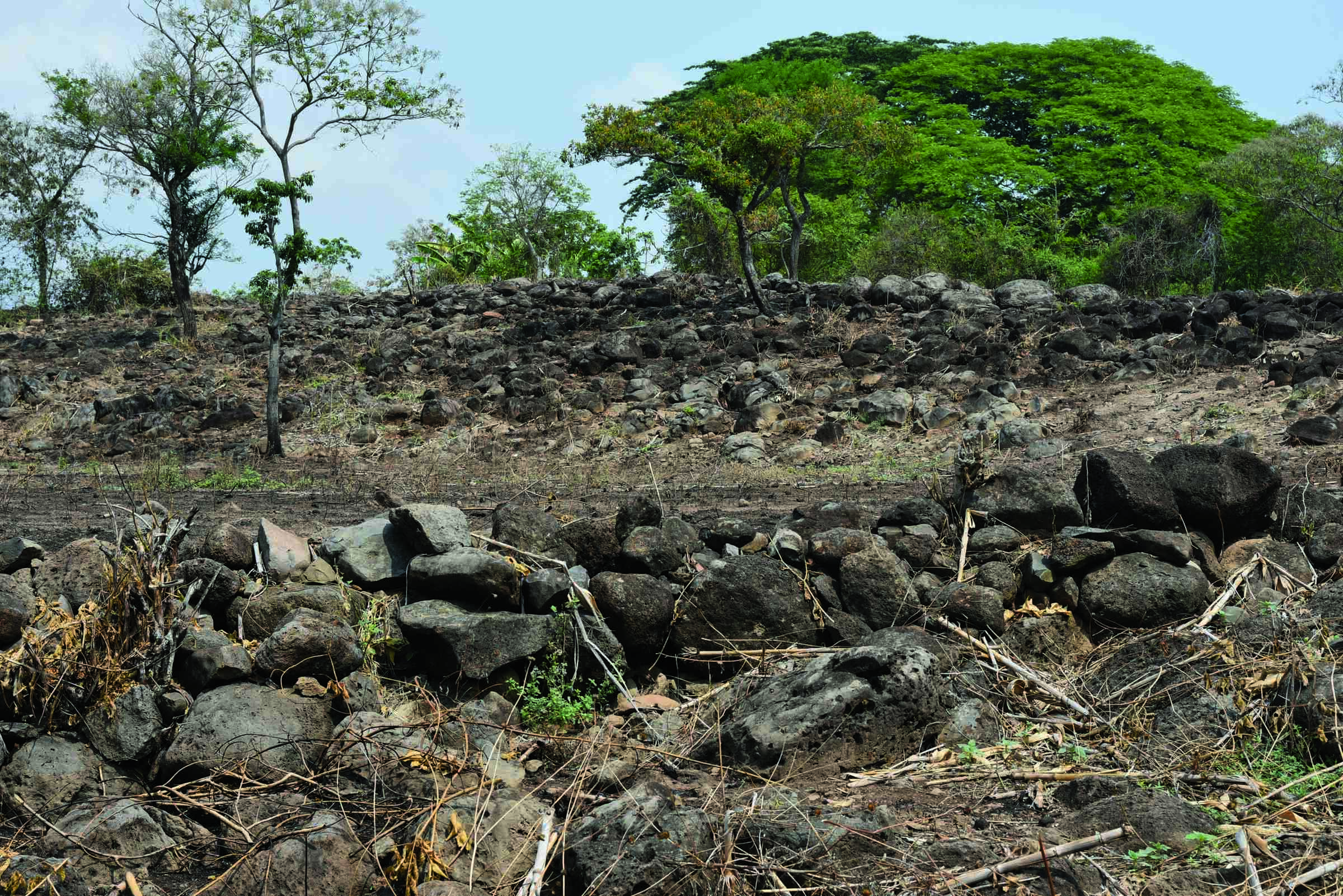 (Courtesy Roger Atwood)
(Courtesy Roger Atwood) -
Artifacts November/December 2023
Sculpture of a Fist
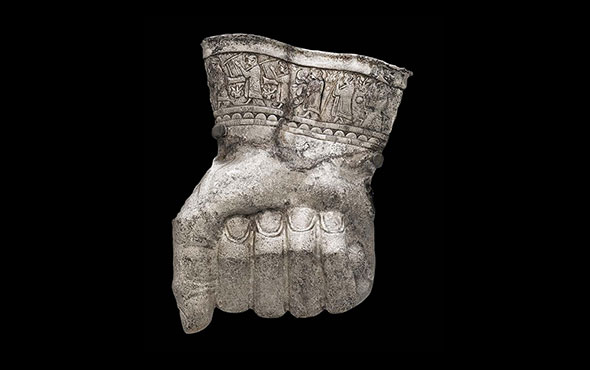 (Museum of Fine Arts, Boston/Bridgeman Art Library)
(Museum of Fine Arts, Boston/Bridgeman Art Library) -
Digs & Discoveries November/December 2023
The Benin Bronzes’ Secret Ingredient
